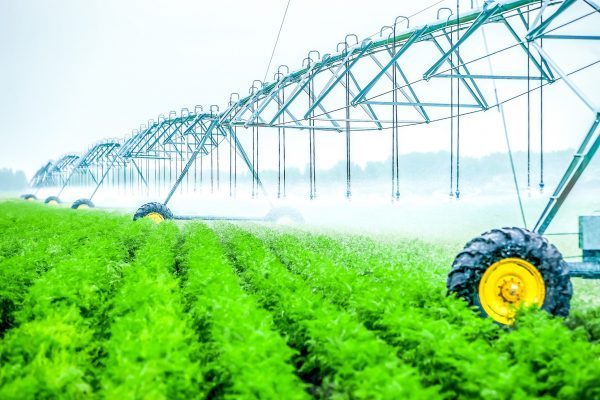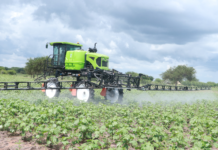Farmers need machines that work as long and hard as they do. In order to create a sustainable business in the agricultural sector, good equipment maintenance is critical. Farming equipment has to work for long hours, and usually in tough conditions. Machinery components such as engines, axles and transmissions need the correct lubrication reliability solution to increase their longevity and sustain the productivity required to keep a farming or agriculture business profitable.
In engines, effective lubrication should protect against corrosion, dirt build-up, component wear and premature aging of engine oil. In terms of corrosion prevention, quality lubricants like those supplied by Lubrication Engineers (LE) South Africa neutralise the gases and acids that are produced as part of the engine combustion process. Counteracting gases and acids also help to stop engine oil from aging.
Dirt in an engine from piston deposits or sludge can reduce the efficiency of a machine and increase the fuel costs for running it, especially when it is used for extended periods of time. A high-quality lubricant removes deposits, helping keep the engine clean.
LE’s Monolec® wear-reducing additive creates a single molecular lubricating film on metal surfaces,
vastly increasing oil film strength without affecting clearances. It allows opposing surfaces to
slide by one another, greatly reducing friction, heat and wear. Monolec® 8700 is designed to help engines to go up to 50 000km without an oil change, while Monolec® Ultra 8800 only needs changing every 100 000km.
Although it can be tempting to reduce operating costs by using cheaper products, the long-term risks are high. While inferior lubricants won’t cause immediate equipment breakdowns, they can lead to significant maintenance expenses over time.
“The right lubricant helps protect equipment in all conditions, even when operating at maximum volumes. By guarding against wear, deposits and corrosion, machinery keeps functioning efficiently and the risk of costly unplanned downtime is reduced,” says Callum Ford, National Marketing Manager at LE.
For axles and transmissions, a quality product will keep equipment running well by lubricating the transmission, wet brakes and hydraulic systems of agricultural machinery like tractors, diggers and combine harvesters. The correct lubricant will help to smooth brakes, improve the longevity of oil and protect against wear.
LE’s Almatek® General Purpose Lubricant 1233 is designed to withstand shock loading, pound-out and water washout in friction and anti-friction bearings, chassis points and other grease-lubricated applications. This versatile, tacky grease is specially formulated to give superior protection and long service life. For more extreme conditions, Almagard® Vari-Purpose Lubricant 3752 is specified. It is extremely tacky and will not wash off, pound out or melt and run, even in severe conditions. It is ideal for on-and off-road agricultural equipment where high impact occurs.
Ford says, “The reliability and efficiency of any piece of farming equipment is dependent on how well a lubricant performs in the transmission. A reliable product simplifies maintenance, while still protecting equipment for longer, all of which helps customers improve productivity and reduce their long-term costs.”
“Agricultural producers need to partner with a lubrication supplier that can help them find the best solution for their equipment and help develop a maintenance schedule that fits in with their off season. LE’s consultants can help clients manage their lubrication for maximised effectiveness. A lubrication consultant will offer education and advice on the right way to store and handle lubrication, where to properly apply lubrication on any equipment, when to re-grease a surface, how to check lubrication is working properly and is the right type for a particular type of machinery, and how much lubrication to use for each application,” Ford concludes.
For more information, visit www.lubricationengineers.co.za.








